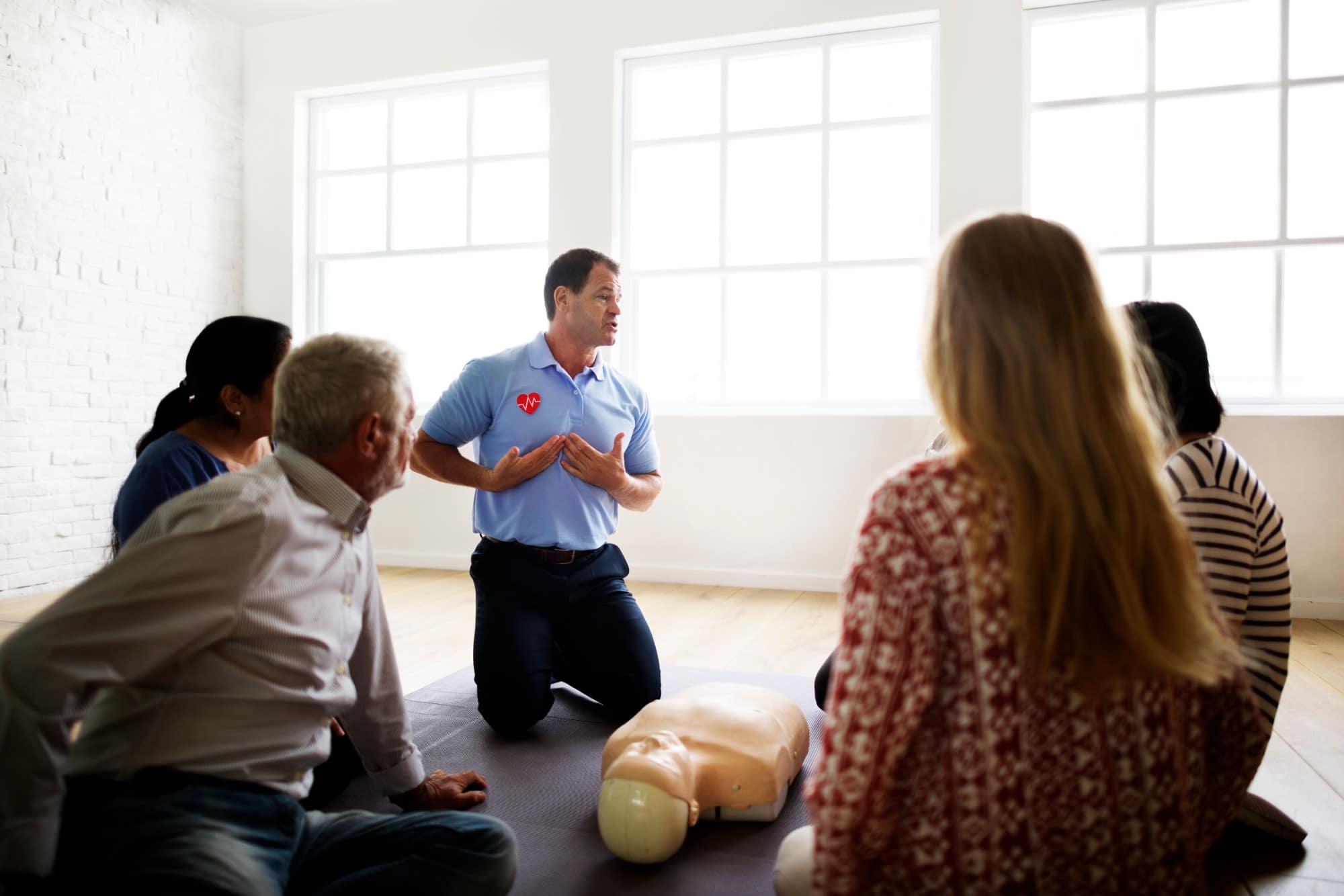Emergencies can happen when you least expect them, and the ability to respond swiftly and effectively can be a matter of life and death. This is where emergency first aid training becomes invaluable. The importance of being prepared to offer immediate assistance cannot be overstated. In this article, we will explore the significance of emergency first aid training, its potential to save lives, and the key components that make it an essential life skill.
1. The Power of Preparedness
In the face of a medical emergency, the first few minutes are often the most critical. The ability to provide immediate aid until professional medical help arrives can mean the difference between life and death. Emergency first aid training equips individuals with the knowledge and skills needed to respond confidently and effectively in such situations.
2. Life-Saving Knowledge
One of the primary benefits of emergency first aid training is the knowledge it imparts. Participants learn how to recognize different medical emergencies, assess the situation, and determine the appropriate course of action. Whether it’s a cardiac arrest, choking, or a severe injury, understanding how to respond correctly can make all the difference.
3. Hands-On Practical Skills
Beyond theoretical knowledge, first aid training provides practical skills. Participants learn how to administer cardiopulmonary resuscitation (CPR), control bleeding, immobilize fractures, and provide basic care for various injuries. These hands-on skills are essential in managing emergencies until professional help arrives.
4. Confidence in Crisis
One of the less discussed but crucial benefits of first aid training is the boost in confidence it provides. Knowing what to do in an emergency can help individuals remain calm and collected, even in high-stress situations. This confidence not only benefits the victim but also the person providing aid.
5. Rapid Response to Natural Disasters
Natural disasters, such as earthquakes, hurricanes, or floods, can result in widespread injuries. In these situations, emergency first aid training becomes even more critical. Trained individuals can help not only themselves and their families but also contribute to the broader community’s safety and well-being.
6. A Safer Workplace
Workplace accidents can happen, and having employees with first aid training can be a significant asset. Employers who invest in their employees’ safety by offering first aid training often create a safer work environment, reduce the severity of injuries, and minimize downtime due to accidents.
7. Community Well-Being
A community with a higher number of individuals trained in emergency first aid becomes a safer place to live. These trained individuals can respond promptly to accidents, injuries, or sudden medical issues that may occur within the community, thus reducing the risk of fatalities.
8. Emergency First Aid and Children
Parents, caregivers, and educators can greatly benefit from first aid training, as children are prone to accidents. Knowledge of pediatric first aid techniques is crucial for ensuring the safety of young ones and providing immediate help if an accident occurs.
9. Keeping Current
First aid procedures and protocols evolve over time as medical knowledge advances. Keeping one’s skills current through periodic refresher courses is essential to ensure that the aid provided remains in line with the latest guidelines and best practices.
10. Access to Vital Equipment
First aid training often includes information on essential equipment, such as automated external defibrillators (AEDs). Knowing how to use such equipment can be a game-changer in cases of sudden cardiac arrest.
11. A Skill for Life
Unlike some skills that may fade with time, the knowledge and skills gained through emergency first aid training remain relevant throughout one’s life. This means that individuals can always step up to help when the need arises, regardless of their age or circumstances.
12. Conclusion
Emergency first aid training is not just a course; it’s a life-saving investment. It empowers individuals with the skills, knowledge, and confidence needed to respond effectively in the face of medical emergencies. Beyond saving lives, it contributes to safer workplaces, communities, and homes. Whether you’re a parent, a professional, or simply someone who cares about the well-being of others, enrolling in emergency first aid training can make a profound difference in the world. By being prepared, we can all become heroes in the moments that matter most.</p.


